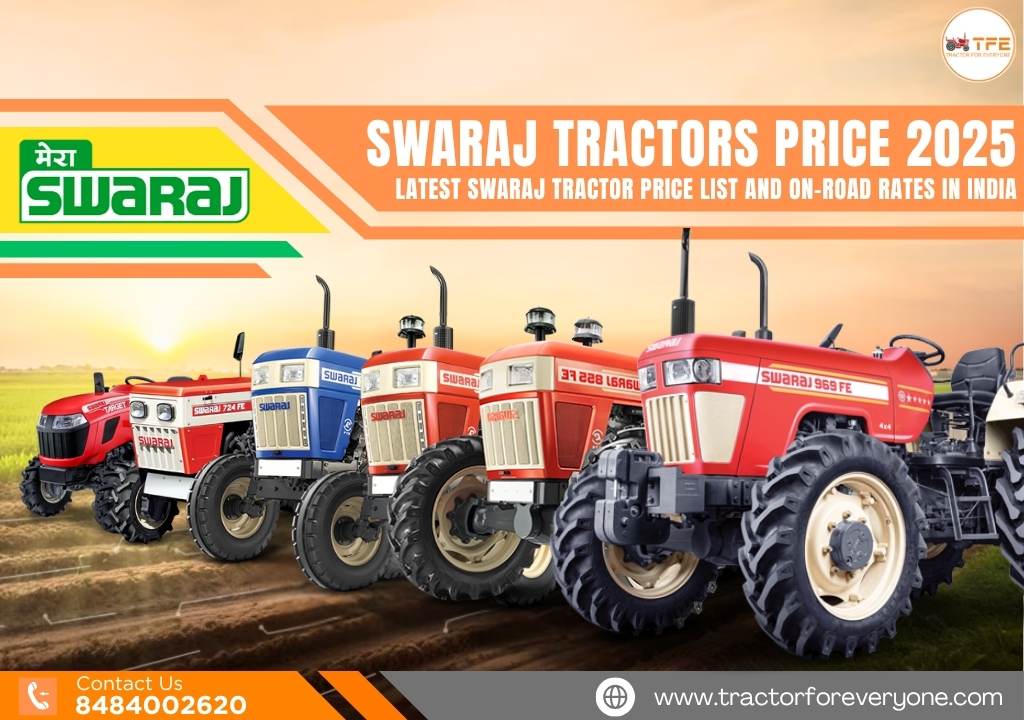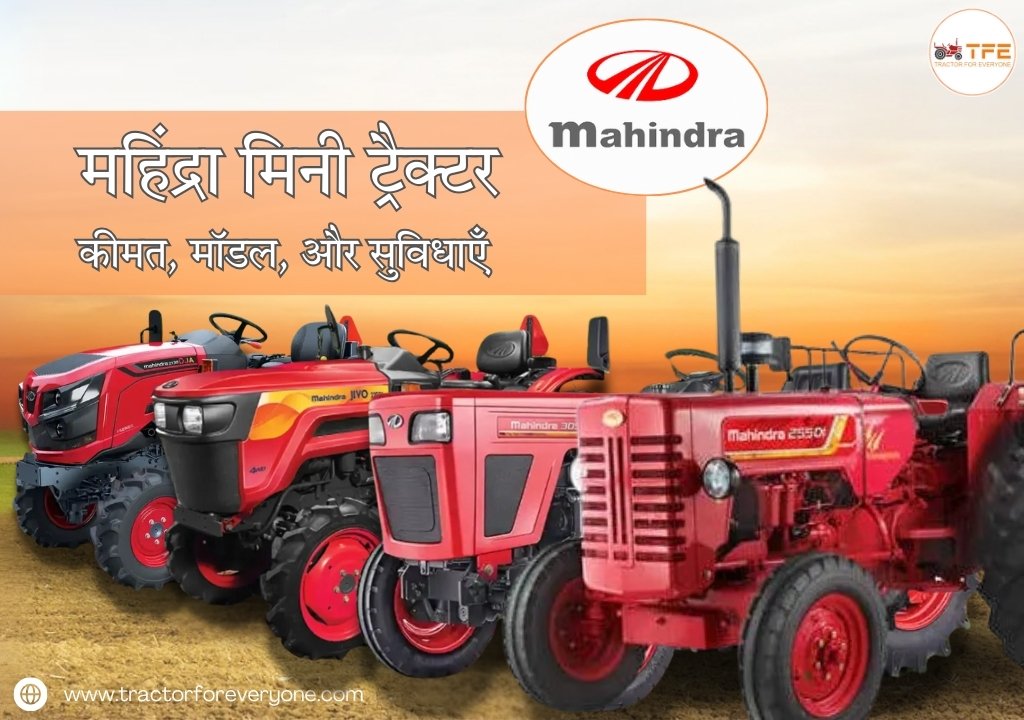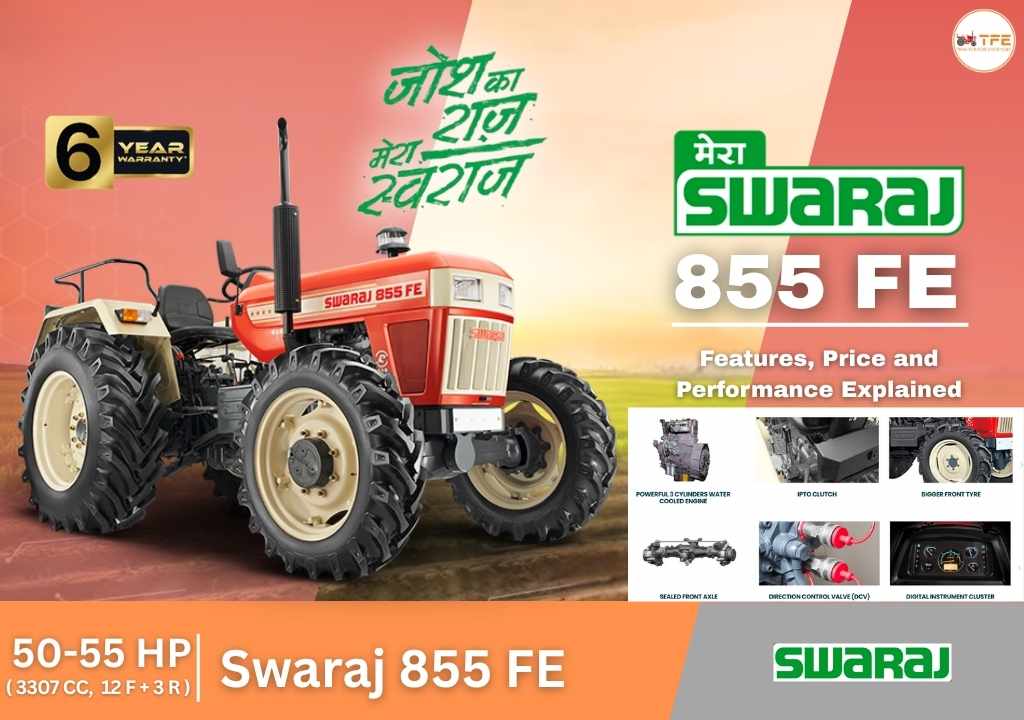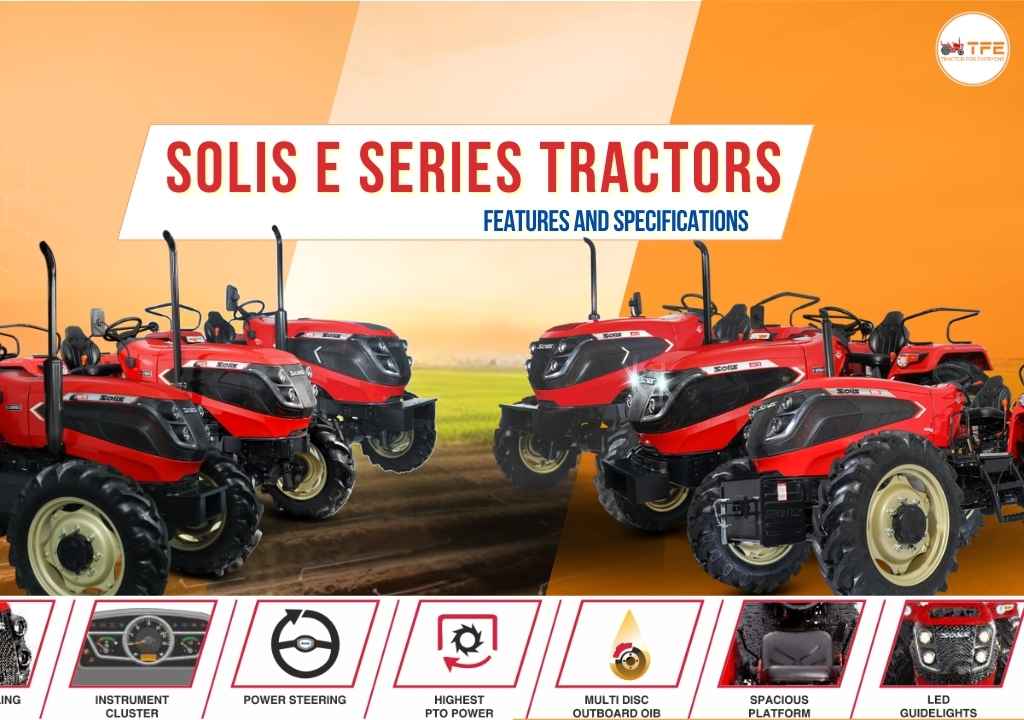Best Used Car, Services, Auto Parts, Rent Car Available for Buy and Sell Near By Go Ahead
- Swaraj Price 2025: Latest Swaraj Tractor Price List and On-Road Rates in India
- महिंद्रा मिनी ट्रैक्टर - कीमत, मॉडल, और सुविधाएँ
- Swaraj 855 FE Tractor Review 2025 Features, Price and Performance Explained
- Best Tractors in India 2025: Top 10 Picks for Every Farm Size
- महाराष्ट्र फार्मर आयडी: ऑनलाइन नोंदणी प्रक्रिया, कागदपत्रे आणि फायदे
- Sonalika Tractor Price 2025 Complete List of Models, Series and Latest Offers
- Swaraj Tractor Price List 2025: Best Tractors for Small, Medium & Large Farms
- Swaraj 744 FE Price, Features & On-Road Cost Explained for 2025
- Mahindra Tractors Price 2025: Complete List, Series-Wise Comparison and Best Models
- New Holland 3630 TX Super Plus+ Tractor Review 2025: Features, Price and Performance

Understanding Different Types of Rotavator Blades and Their Uses: A Complete Guide for Indian Farmers
Soil preparation is the foundation of a successful harvest. Ask any experienced farmer, and they'll tell you — a well-prepared seedbed can make or break a crop season. That’s where rotavators come into play. But here’s a lesser-known fact: the real magic lies in the rotavator blades.
Choosing the right type of rotavator blade not only ensures better tillage but also saves you time, fuel, and effort. In this blog, we’ll walk you through the different types of rotavator blades, their specific uses, how to pick the right one for your soil, and even tips on buying genuine blades in India.
What Are Rotavator Blades and Why Do They Matter?
Rotavator blades are the cutting-edge (literally) components of a rotavator. These blades are responsible for chopping, turning, and mixing the soil, as well as breaking up crop residues.
The type of blade you use has a direct impact on soil health, fuel consumption, and the final condition of your field. Whether you’re working on dry land, wet fields, or tough, compacted soil — there’s a specific blade type that fits the job.
Different Types of Ratavator Blades and Their Uses
1. L-Type Rotavator Blade
- Best for: Soft to medium-hard soil
- Ideal use: Creating a fine seedbed and mixing residues
- Benefits: Low power consumption, smooth operation
The L-type blade is a go-to choice for farmers working in lighter soils. It’s energy-efficient and perfect for preparing seedbeds, especially before sowing crops like wheat, mustard, or vegetables. This blade mixes crop stubble effectively and helps retain soil moisture.
2. C-Type Rotavator Blade
- Best for: Hard, dry, and compact soils
- Ideal use: Deep tillage, breaking tough clods
- Benefits: Greater soil aeration, durable build
The C-type blade digs deeper and works well in dry or previously uncultivated land. Yes, it requires more horsepower, but it loosens the soil better, giving plant roots the room they need to grow deep and strong.
3. J-Type Rotavator Blade
- Best for: Wet and sticky soil
- Ideal use: Paddy fields and waterlogged areas
- Benefits: Prevents clogging, effective in muddy fields
For farmers working in rice-growing regions, J-type blades are a blessing. These blades handle sticky, waterlogged soils effortlessly and are specially designed to avoid clogging. They’re great for breaking hardpans and improving drainage in paddy fields.
4. Straight Rotavator Blade
- Best for: Surface-level work
- Ideal use: Weed cutting, field levelling
- Benefits: Clean, shallow tillage
While not as common, straight blades are useful for shallow tillage. They’re perfect when you're doing final field prep before sowing or need to manage surface weeds quickly.
Choosing the Right Rotavator Blade for Your Farm
Here’s a simple guide to help you decide:
|
Soil Type |
Recommended Blade Type |
|
Hard/Compact |
C-Type Blade |
|
Wet/Sticky (Paddy Fields) |
J-Type Blade |
|
Soft/Medium Soil |
L-Type Blade |
|
Surface Weeds/Leveling |
Straight Blade |
Also, match the blade type with your tractor’s horsepower. Overloading your tractor with the wrong blades can lead to inefficient operation and higher fuel usage.
Also Read: Shaktiman Mini Rotavator: A Game-Changer for Small-Scale Indian Farmers
Benefits of Using High-Quality Rotavator Blades
Investing in premium rotavator blades gives you:
- Better seedbed preparation
- Lower fuel consumption
- Less wear and tear on your tractor
- Faster soil coverage
- Longer blade life, reducing replacement costs
High-quality blades are heat-treated, rust-resistant, and stay sharper for longer, delivering consistently better performance.
Maintenance Tips for Long-Lasting Blades
- Inspect regularly: Look for signs of bending, chipping, or dullness.
- Sharpen periodically: Dull blades waste fuel and time.
- Clean after use: Prevents rust and soil build-up.
- Check alignment: Misaligned blades cause uneven tillage and put stress on your machine.
Government Subsidies on Rotavator Blades in India
Did you know? Under various farm mechanisation schemes, Indian farmers can avail subsidies on rotavator blades and implements.
- Subsidies vary by state
- Can cover up to 40–60% of the cost
- Available via Krishi Vigyan Kendras (KVKs) and local Agri Departments
Pro tip: Contact your local agriculture officer or check your state’s official agriculture website for current updates.
Trusted Rotavator Blade Brands in India
Looking for genuine rotavator blades in India? These manufacturers are farmer-approved:
- Shaktiman – Tough, heat-treated blades
- Fieldking – Rust-resistant, variety of sizes
- Garud Implements – Affordable, farmer-friendly
- Captain Tractors – Mini rotavator blades for small farms
- Universal, Amar, Krishna Agro, Balaji Agro – Known for strength, durability, and compatibility
Always buy from authorised dealers and check for branding, packaging, and serial numbers.
Rotavator Blade Price in India (2025 Update)
|
Blade Type |
Price Range (Approx.) |
|
Standard Blades |
₹80 – ₹150 per piece |
|
Heat-treated/Heavy-duty |
₹150 – ₹300 per piece |
Tip: Buying in bulk can save you 10–20%. Watch out for seasonal discounts too!
How to Identify Original vs. Duplicate Rotavator Blades
Fake blades may look similar but don’t last long. Here’s how to tell them apart:
- Original: Manufacturer branding, batch number, smooth finish
- Duplicate: No branding, rough edges, lighter weight
- Packaging: Originals come sealed in branded packs
Always prefer genuine spares — they last longer and give better returns.
Final Thoughts
Choosing the right rotavator blade type for your soil can dramatically improve your farming results. Whether you’re tilling tough black cotton soil or prepping for paddy sowing, using high-quality, compatible blades saves time, reduces fuel use, and improves yield.
Don’t overlook blade maintenance, and always buy genuine blades from reputed dealers. Farming smarter starts with choosing better tools.
Stay connected for more guides on farm machinery, implements, and government schemes. Here’s to your next successful harvest!
Write a Comment
Popular Blogs View All
-

Swaraj Price 2025: Latest Swaraj Tractor Price List and On-Road Rates in India
07/24/2025, POSTED BY ADMIN -

महिंद्रा मिनी ट्रैक्टर - कीमत, मॉडल, और सुविधाएँ
02/18/2025, POSTED BY ADMIN -

Swaraj 855 FE Tractor Review 2025 Features, Price and Performance Explained
07/19/2025, POSTED BY ADMIN
Popular Video View All
-

महाराष्ट्रात Second Hand Tractors ची उत्तम संधी! तुमच्या बजेटमध्ये, विश्वासार्ह ट्रॅक्टर मिळवा!
12/16/2025, POSTED BY ADMIN -

TFE Reaper Machine Working | Full Multi-Crop Cutting Process!
12/16/2025, POSTED BY ADMIN -

5 Things You Need to Know Before Buying a Solis E Series Tractor
05/17/2025, POSTED BY ADMIN

